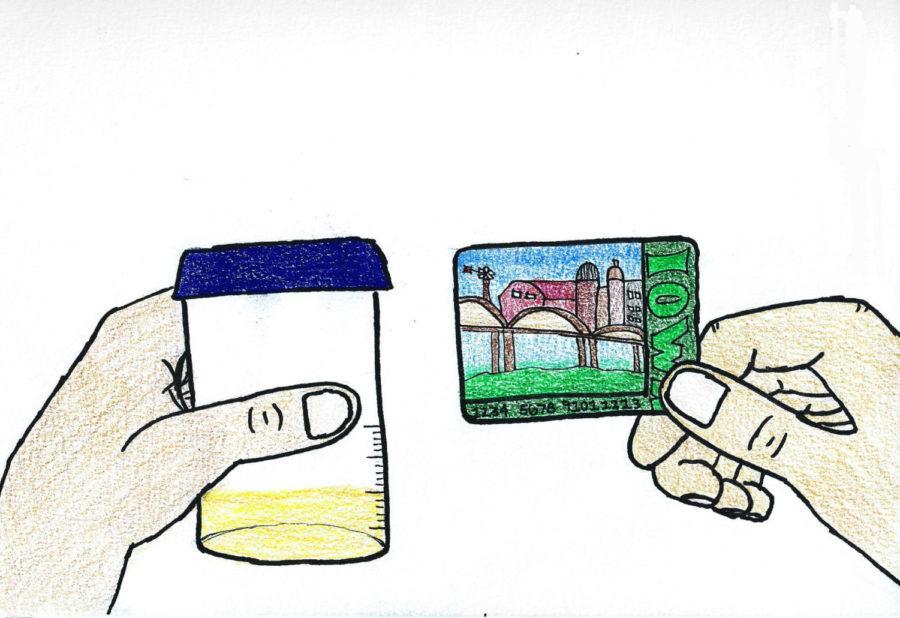Editorial: Proposed changes to SNAP harmful
The Supplemental Nutrition Assistance Program is used and depended on by millions of Americans. Some of the people receiving the aid trade or sell their food stamps for drugs. Making recipients take a drug test before receiving the aid would help eliminate these unintended consequences.
February 20, 2018
“Food is the moral right of all who are born into this world.” The words of Nobel Peace Prize Laureate and Father of the Green Revolution Dr. Norman Borlaug resonate throughout this university. Iowa State has one of the best agricultural colleges in the world and, therefore, a unique responsibility in ensuring greater food security in our local communities.
The Editorial Board strongly opposes the proposed changes to the Supplemental Nutrition Assistance Program (SNAP), formally known as the Food Stamp Program. President Trump’s budget proposal calls for a cut of $213 billion from the program over a decade. A more troubling aspect of the budget deals with the Republicans obsession with shaming the poor.
Currently, SNAP serves about 44 million people each month. These benefits are distributed to those who qualify through an EBT card that is loaded with a set amount of money each month. The recipient is then free to spend the money on any food items that meet the USDA’s guidelines.
Trump’s plan calls for 81 percent of current SNAP recipients to receive a box of “shelf-stable milk, ready to eat cereals, pasta, peanut butter, beans and canned fruit and vegetables.” This proposal replaces a recipient’s freedom over their own diet with a box of processed foods void of fresh produce. Furthermore, the contents ignore possible food allergies and may not be culturally appropriate. Simply, it seeks to “fix” a program that, according to the USDA, has “one of the lowest fraud rates for federal programs.”
There is substantial proof that the program works in improving the lives and communities of the people who receive benefits. The Brookings Institution reported access to SNAP, especially at early ages, has a positive impact on later health. SNAP also improves households’ financial well-being, lift people out of poverty and increase household food security.
In Iowa, the state government even helped expand SNAP recipients’ access to fresh and local produce thought the Double Up Food Bucks program that “‘matches’ SNAP EBT Card benefits spent at farmers markets.” The purpose is to help support local agriculture and promote heathy diets through the consumption of fresh fruits, vegetables and more.
Iowa State recognizes its role in the debate around reducing food insecurity here and around the world. In fact, Iowa State Extension and Outreach operates a SNAP educational program which teaches families about budgeting, reading nutrition labels, preparing healthy food and much more. These types of programs focus on education coupled with the adequate financial resources help people progress.
SNAP is funded and administrated through the USDA Farm Bill, which is up for renegotiation this year. Contact your senators and representatives to let them know you support increasing food security and oppose the proposed cuts to the SNAP program.
















